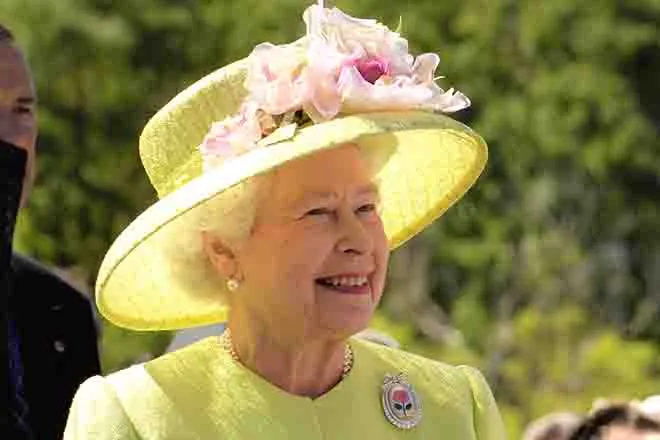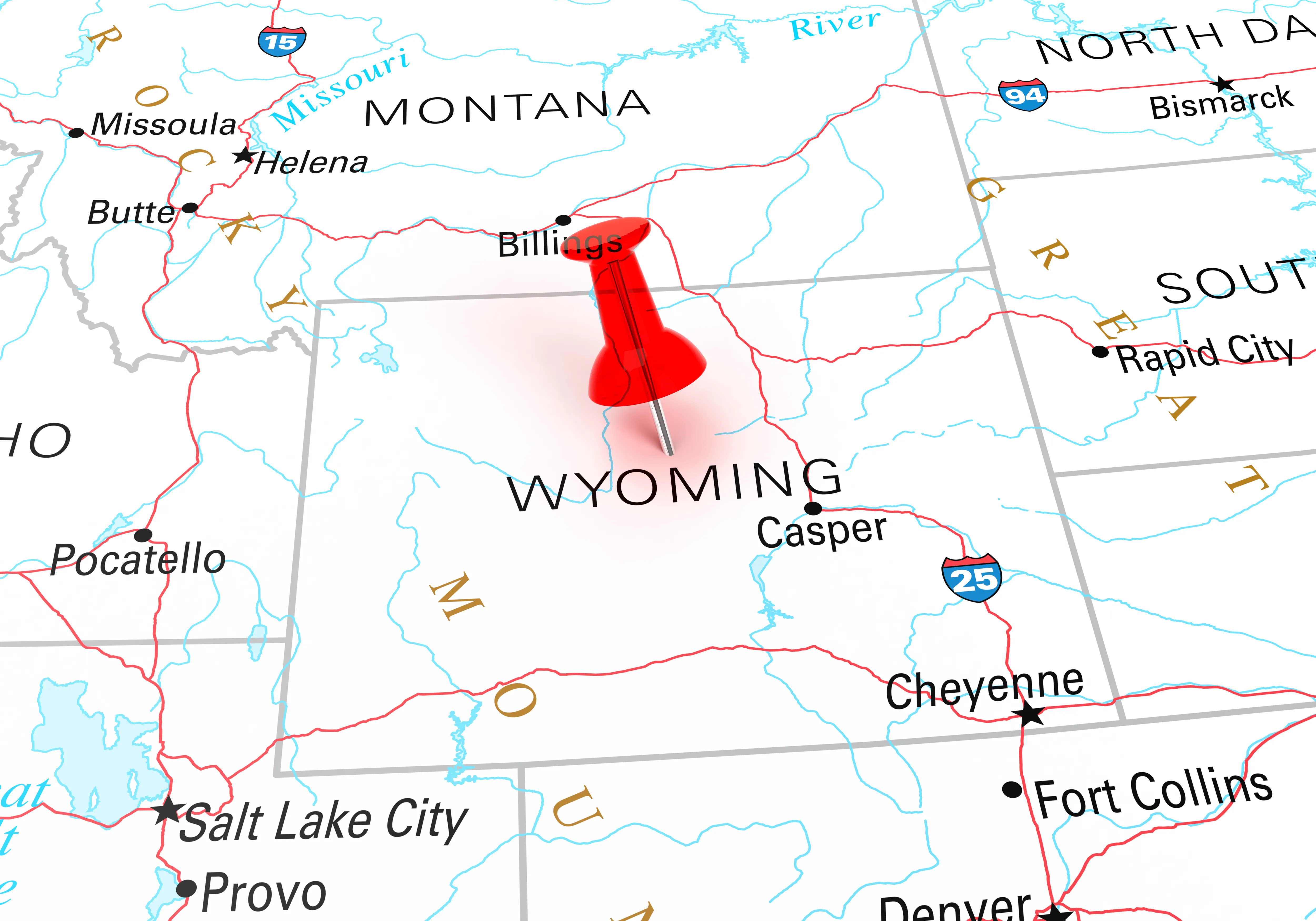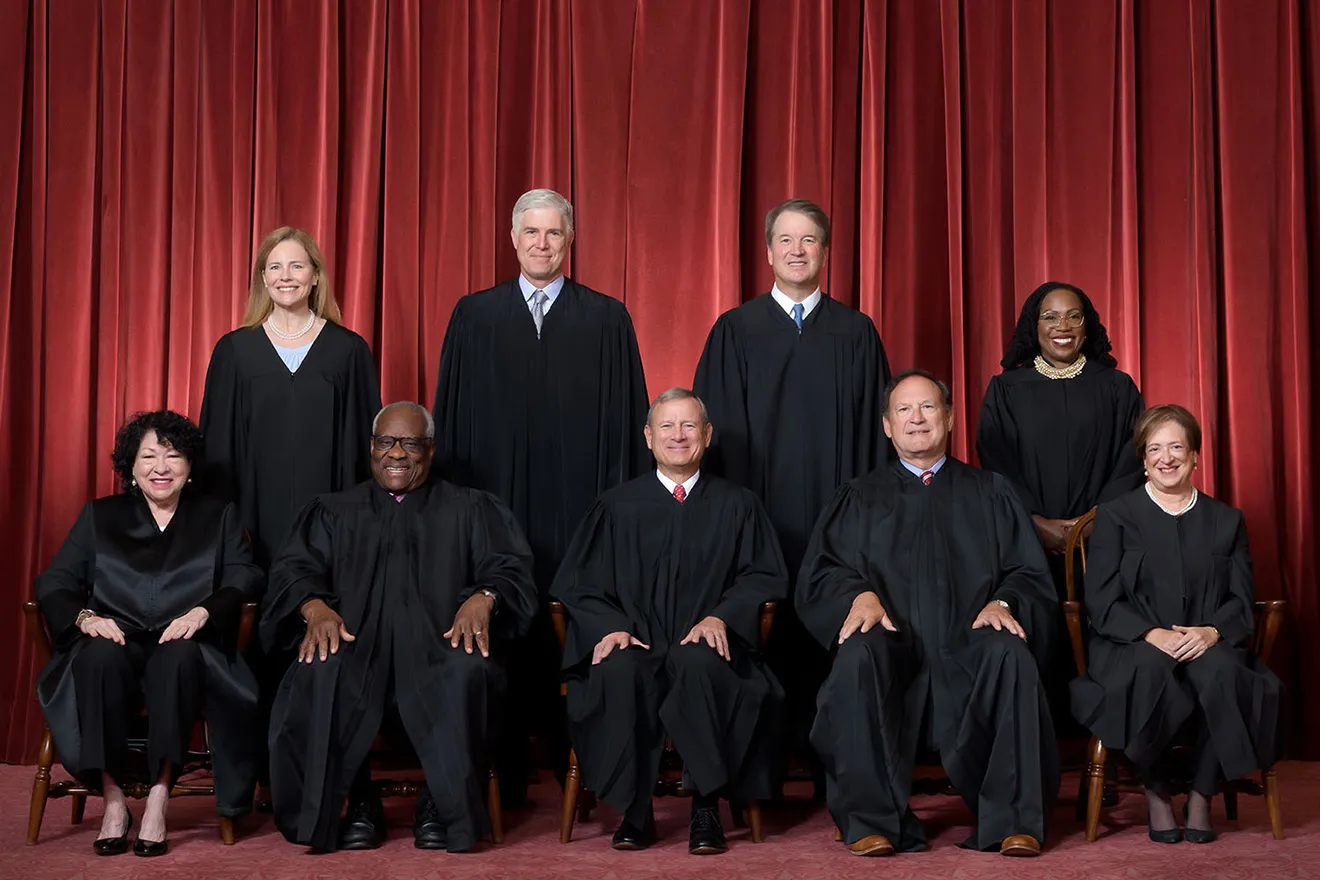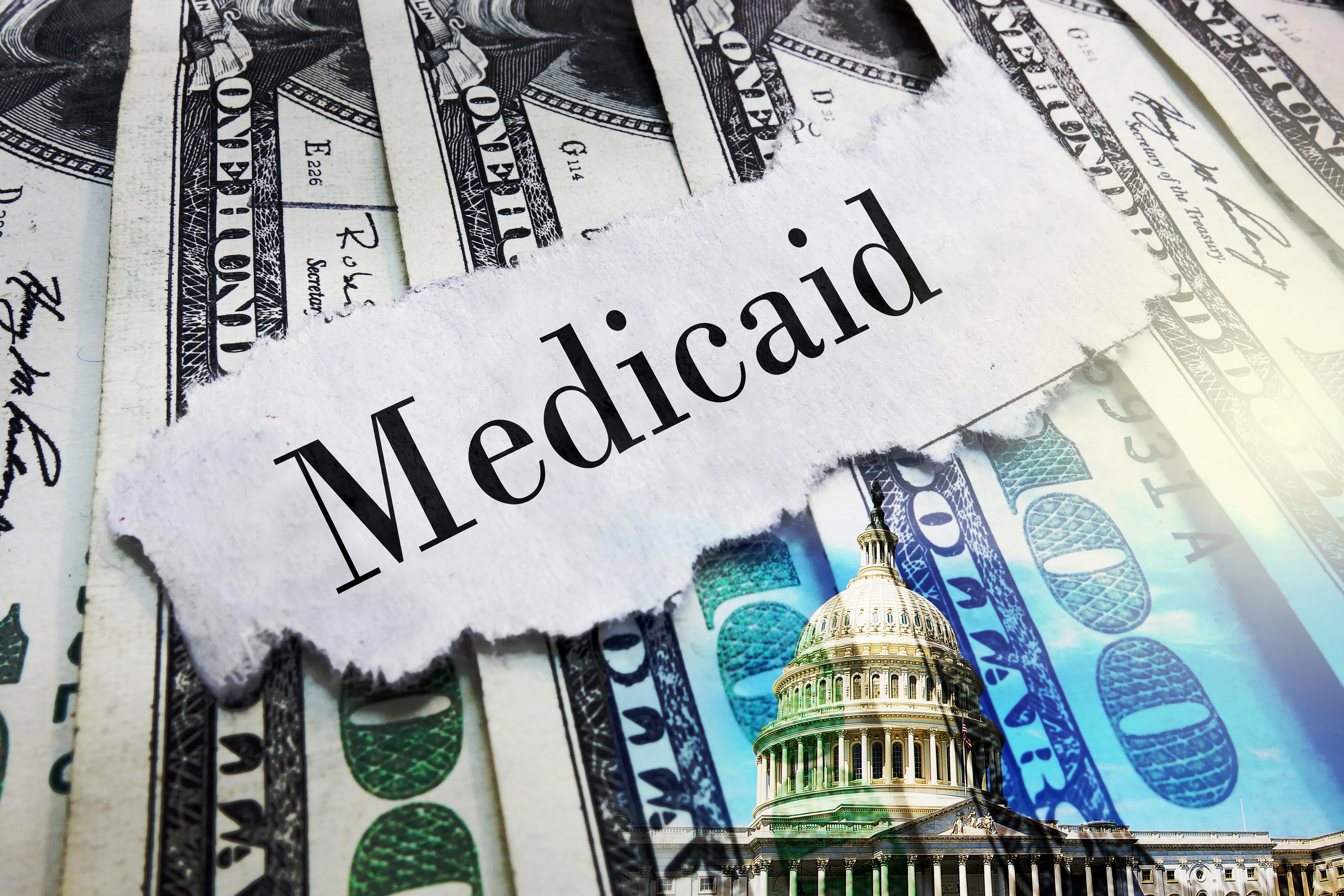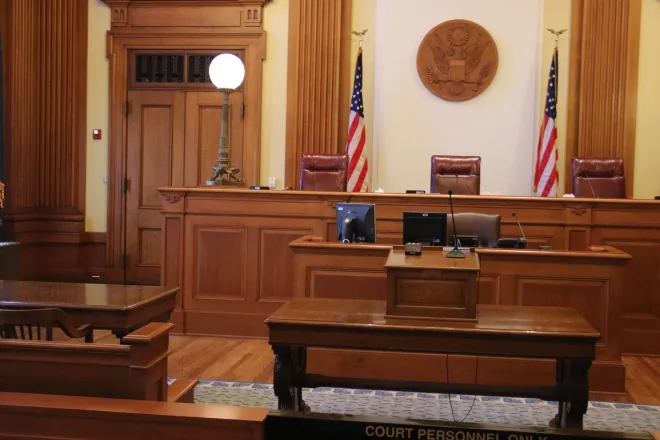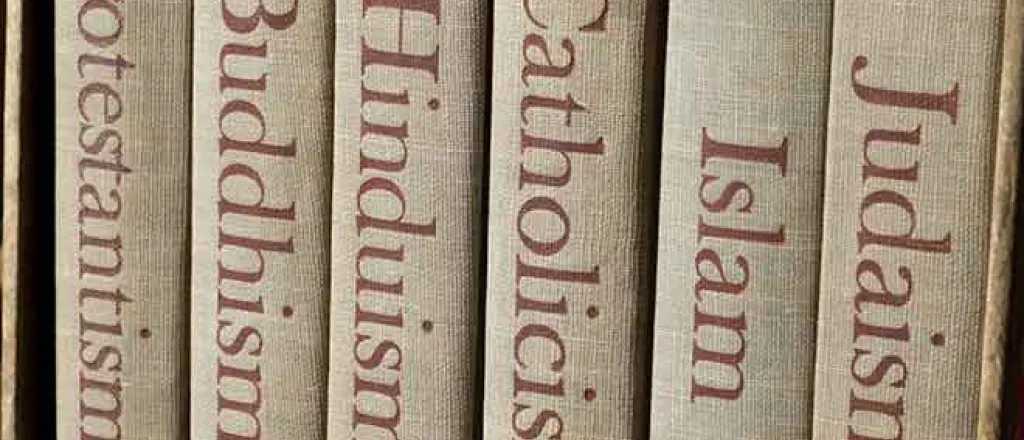
New Trump tax rule could mean big changes for churches during election season
Coming soon to a church near you — dark money.
A policy change by the Trump administration could have large impacts on churches throughout the country. And in a state that has been at the fore of trying to eliminate political “dark money” — or funds that are hard to trace — this change could open a new frontier for candidates, donors and endorsements.
Known as “the Johnson Amendment,” a rule originally passed in 1954 and, sponsored by then- Senator Lyndon B. Johnson, a Texas Democrat, it prohibited 501(c)3 organizations from endorsing candidates or making political contributions. Most churches are 501(c)3s, a tax status or designation given by the Internal Revenue Service.
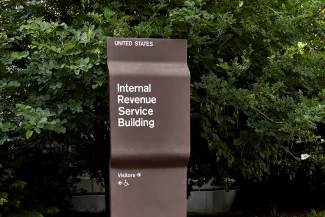
However, a decision this week by the Trump administration via the IRS said that it would no longer be enforcing the Johnson amendment, essentially allowing churches to engage in the political process, including using funds for political purposes.
Steven Emmert, the executive director of Secular Coalition, said that his organization strongly opposes the Trump administration’s decision, and he said it’s not alone. Polling data show 75 percent of Americans believe that churches should be prohibited from political contributions, and that includes 62 percent of self-identified evangelicals.
Though the rule has been in place for more than three-quarters of a century, the federal government has struggled to enforce it, leading some to say the Trump administration’s ruling simply aligns the policy with the reality. While the internet is replete with examples of church leaders making political statements supporting or criticizing political candidates, the IRS has rarely enforced the rule, which could cause a religious organization to lose its tax-exempt status.
The reason for the lack of enforcement is multifaceted. First, the IRS has traditionally said it focuses on other more flagrant tax abuses, like companies or individuals who don’t file or pay taxes. Moreover, it has said that the agency has been perennially understaffed so it struggles with enforcing other provisions. And finally, while public opinion polls have consistently showed Americans agreeing with the Johnson amendment, various administrations have resisted going after offending churches or other nonprofit organizations because of the optics: It looks like the government is harassing a church.
However, there is another reason why previous presidential administrations have been reluctant to enforce the amendment, said Constance Van Kley, an assistant professor at the University of Montana’s law school and a constitutional scholar.
“Churches raise legitimate constitutional issues and arguments,” she told the Daily Montanan.
For example, enforcement of the Johnson amendment necessarily involves matters of free speech and the “establishment clause,” which prohibits the government from sanctioning or establishing religion, often expressed as a separation between the church and state.
Still, the policy change could raise different, new questions about how money in politics works, as well as using a tax-exempt status to funnel tax-free funds to candidates.
Follow the money
Even though most people and churches have seen the Johnson amendment as a limitation on speech, Van Kley said that churches and their leaders have always been free to say whatever they wanted, even “from the pulpit.” However, that speech could have a literal price — the tax-exempt status of the church, which is no small detail.
Attorney and scholar Whitney Untiedt, writing on the Johnson amendment in a publication by Emory University’s law school, explained the rationale behind in the amendment and its use in the 2019 article, “Lighting the Way: The Johnson Amendment Stands Strong against Dark Money in Politics.”
In it, she points out that the IRS has 27 different nonprofit designations, but the amendment falls on what is likely the most commonly known, 501(c)3, so named because of the section of the code.

Those organizations have a special designation: Not only is income from 501(c)3 organizations tax-exempt — meaning they pay no taxes on most income; people who donate to those organizations also get a tax deduction. Untiedt explained that in exchange for that generous tax benefit, those organizations agree to the Johnson amendment, which prohibits engaging in political funding or endorsing candidates.
Yet even the complex IRS code didn’t outright ban those organizations from becoming active in the political process, it just required them to form a different nonprofit arm in which donations to the political portion of the organization would not be tax deductible, not so unlike corporations that form political action committees.
As the Trump administration decides not to enforce the Johnson amendment, it raises new, relatively uncharted scenarios for churches that were previously allowed to express opinions on social issues — think of the Roman Catholic Church and abortion — but not explicitly endorse candidates.
Supporters of the change point out that there are only two cases of the Johnson amendment being challenged, the most recent one being a church that took out a full newspaper ad urging readers not to vote for Bill Clinton as president of the United States.
Still, the Johnson amendment has kept most churches from overtly endorsing or getting involved in campaigns. Opponents of the change fear that relaxing the rule will open churches and religious organization up to money from organizations that pay churches to endorse or give contributions if they become politically active. Others fear scenarios where members may try to pressure or withhold contributions if a church doesn’t make the correct endorsements.
“It’s a little bit frightening with dark money because now big money dollars can influence elections via the pulpit,” Emmert said. “It’s very unpopular, even among evangelicals, because they don’t want endorsements from the clergy.”
Some of the pressure may come from big money groups, Emmert said, but he envisions another scenario: Let’s say a church needs a major repair, like a roof. A wealthy church member may condition a large donation to pay for a necessary repair on endorsing a certain political candidate.
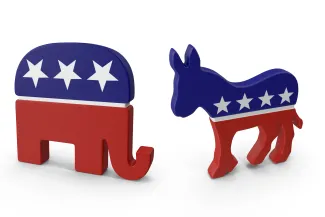
© fitimi - iStock-528483210
He said that the Johnson amendment mirrors the sentiment of the American Founding Fathers because they witnessed what happened when the government of England required patronage of the Church of England.
“Your state can never be in your church, and most people recognize that and oppose it,” Emmert said, adding that this change invites politics into a religious setting. “The IRS has always done a poor job of enforcing it.”
Even years ago, Untiedt’s scholarship hinted that changing the Johnson amendment meant creating a new avenue for dark money.
“To claim that religious leaders are hamstrung by the Johnson Amendment is at best misinformed — and at worst, purposefully disingenuous. Though no proponent of repeal has publicly acknowledged as such, it certainly appears likely that at least one driving force behind the effort is to create a scheme in which unregulated ‘dark money’ contributions to candidates and PACs can be funded through 501(c)3 organizations that offer tax deductions to donors,” Untiedt said.
She said that would translate to $2.1 billion in lost revenue for the U.S. government because those donations, which would otherwise be taxed, would now become tax deductible.
Still, the threat of the law was enough to keep many churches from testing the waters.
Emmert said his coalition, which represents 31 different groups, worries that not enforcing the Johnson amendment creates a new problem: Can any nonprofit enter into the political dark money arena?
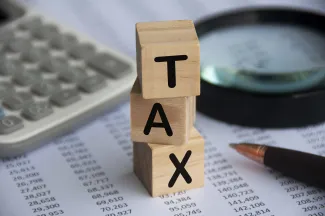
© Jerome Maurice - iStock-1426962165
Van Kley raises a slightly different new concern with the policy change: Should the money going to religious organizations, which is tax exempt, be funneled to candidates or endorsements, using tax-deductible funds — an advantage that not all political groups have?
What has rankled some about the Trump administration’s decision to stop using the Johnson amendment has been its deliberate way of saying loudly that it wouldn’t be enforcing the law. However, Untiedt and others have pointed out that no administration since 1954 has really enforced the law.
Van Kley said what the Trump administration is doing is also understandable: Presidents and their administration always have to set priorities about what policies and laws to focus on as a matter of simple priorities.
“There has always been reasons to be concerned about the Johnson amendment,” Van Kley said. “That said, presidents make priorities, and many will not enforce laws that seem so open to Constitutional challenges — and this is one of them.”
And Van Kley points out that even though the religious organizations that have often pushed the boundaries of the Johnson amendment have been conservative leaning, the rule could mean an opportunity for left-leaning religious organizations to benefit, too.
One of the drawbacks of churches or religious organizations participating in the political process is that while the change may mean they’re more free to dabble in politics, they’ll face some of the same spending and reporting rules that other organizations and candidates face when it comes to campaign finance — an accounting headache that may be too cumbersome for some.
A simple yet impossible solution
Van Kley said that while many churches and organizations raise concerns about First Amendment issues with the Johnson amendment, the real sticking point is actually about taxation. Churches are — and always have been — free to make whatever statement they want, including endorsing candidates. However, doing so previously could have meant revoking their tax-exempt status and members losing the tax-deductible write-offs.
One way to end the controversy would be to end the tax exemption, but that would wind up costing religious organizations millions if not billions, something unlikely to garner any political support because of the proliferation of secular and religious nonprofits (as a disclaimer: The Daily Montanan and its parent organization are among those tax-exempt organizations).
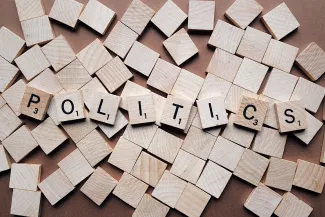
Untiedt said the logic behind the Johnson amendment wasn’t about stopping churches from expressing opinions, rather a concern that allowing nonprofits the ability to exempt political donations would essentially be forcing taxpayers to pay for political campaigns by having to make up for lost tax revenue.
In 2018, 5,800 charitable and nonprofit organizations sent a letter to Congress urging them to uphold and maintain the Johnson amendment because they feared their organizations would be “exploited” for use as “another cog in the political machine or another loophole in campaign finance laws.”
Others fear that the policy change is another break from the democratic norms that have been upheld for years. However, Van Kley says other threats may be more troublesome from a legal standpoint.
In the case of political participation, Van Kley said that the change may just be squaring the policy with the reality. She said there are other better examples of norms being violated that should concern citizens. For example, she noted the recent TikTok ban that has been enacted by Congress. Van Kley notes the U.S. Supreme Court, Congress and many states, including Montana, has agreed that the popular social media application should be banned in the United States because of data security and the Chinese Communist government. Yet the Trump administration continues to delay and extend the ban though it really doesn’t have the authority to do that.
“The U.S. Supreme Court has already ruled on the constitutionality of this, but yet it is still here,” she said.
Another example is the Trump administration shuttering agencies and programs that were created and funded through Congressional approval.
“Those undermine the goals of duly enacted legislation and Congressional approval,” Van Kley said. “(The Johnson amendment) example is a pattern of non-enforcement, so it’s less extreme.”



